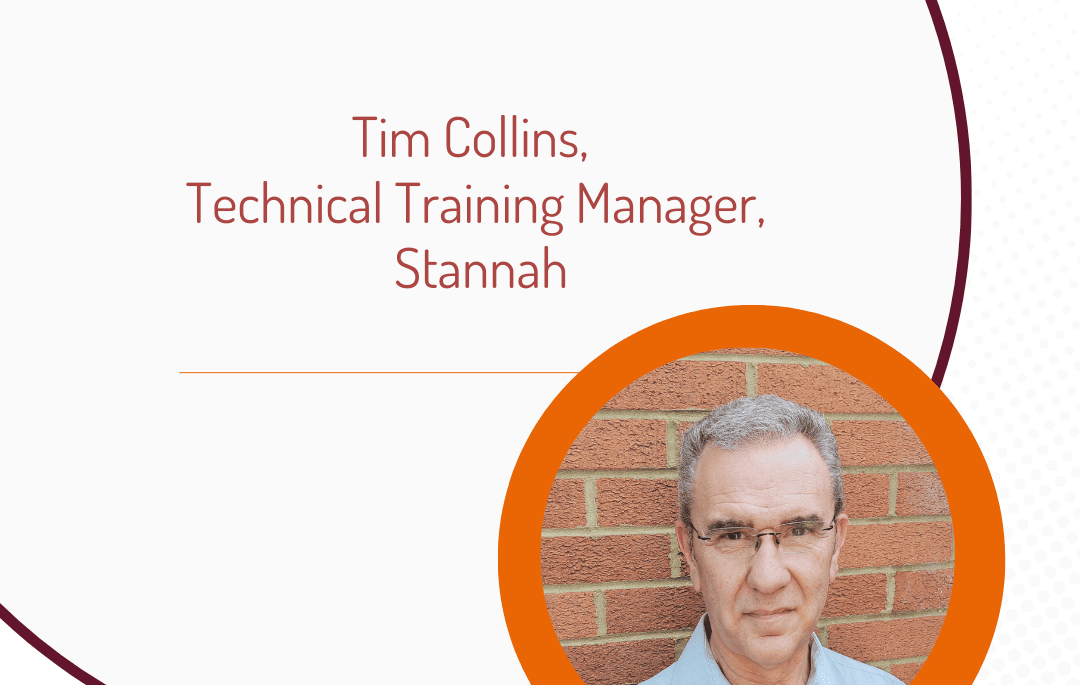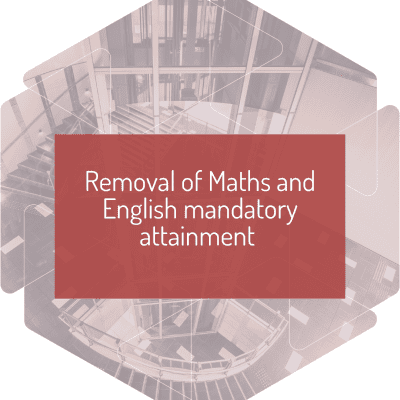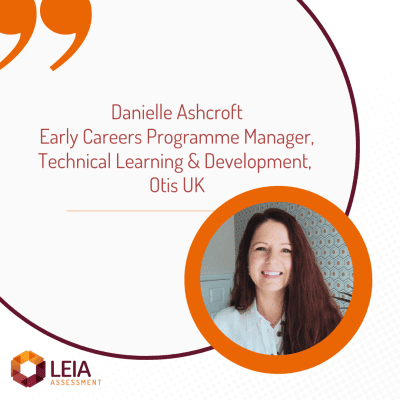As Technical Training Manager, Tim Collins has trained hundreds of apprentices at Stannah, transforming enthusiastic learners into skilled lift engineers. Through a carefully structured three-year apprenticeship, he tells us about Stannah’s programme incorporating practical workplace experience with rigorous theoretical training at its dedicated training centre.
What motivated your business to start an apprenticeship scheme and what benefits has it brought?
Stannah has always heavily invested in apprenticeships for various roles, and apprentice recruitment has long been a significant factor in our annual recruitment campaign.
We have found that the Apprenticeship Standard, now current in England, has brought additional consistency to apprentice training. This has benefited both the company and apprentices in developing engineers who are more rounded at the beginning of their careers.
How do you structure your apprenticeship programme to ensure both practical skills and theoretical knowledge are developed?
As mentioned, we are fortunate that the company has always seen the benefits of good training for its engineers and apprentices. Consequently, we have a well-appointed training centre with a range of products and training rigs that we use to deliver practical and theoretical training to our apprentices over the three years of their apprenticeship. This, of course, runs alongside the practical skills they gain working alongside their qualified colleagues onsite.
What do you look for when recruiting new apprentices?
We look for people who are enthusiastic and keen to learn. Those who would thrive in Stannah’s supportive working atmosphere, and who we think will be able to provide first-class service to our customers.
Can you tell us about the support system you have in place for apprentices (including training and mentoring)?
Our apprentices have a wide range of support available to them. This comes from local branch teams, line managers, office support teams and the engineers out in the field who will give advice and mentoring throughout their apprenticeship. Our HR team is always on hand to give support, and they will find mental Health First Aiders available throughout the company where they can seek confidential help if needed.
Our training provider also gives a full package of support to apprentices through their apprentice journey, including regular reviews with their assessors and tutoring on foundation skills.
Our internal trainers have an average of 30 years of service at Stannah, all are qualified lift testers and deliver a bespoke apprentice training course and mentoring over the three-year apprenticeship.
How has working with LEIA Assessment helped ensure your apprentices meet industry standards? What have you found useful in terms of resources?
Working with LEIA Assessment gives us confidence that our apprentices have been properly measured against the requirements of the standard.
Support resources to help apprentices prepare for end-point assessment have been particularly helpful. We find the feedback from assessors to be very good, particularly when an apprentice has needed to retake an element of their end- point assessment, helping us focus our support for the retake.
What impact have your apprentices had on your business and company culture?
Stannah has always supported apprenticeships, and the relatively new apprenticeship standard has allowed a more consistent approach to training. This has had the added benefit of making our apprentices more visible in the workplace, with I believe, more appreciation from their colleagues about the skills and knowledge they are learning.
How do you measure the success of your apprenticeship programme, what outcomes have been achieved so far?
There are several measures by which we can judge success.
For me, one of the most tangible is the number of positive conversations internally at all levels of the company around apprentices.
Our retention rate remains high, with most apprentices choosing to remain with Stannah once they become qualified lift engineers. Obviously, there is the pass rate at end-point assessment as a measure, which is at a high level. In fact, one of our apprentices recently achieved the first overall distinction grade in the industry, a fantastic achievement.
Have you faced any challenges implementing and running the programme?
I would say in the early days of the introduction of the apprenticeship standard, there were the challenges of changes to working patterns around attending training. However, moving away from attending the local college for general engineering qualifications to attending our training centre in Andover is now all part of our routine.
Now we have the fortunate challenge of managing the highest yearly intake of lift engineer apprentices, with us having to split cohorts, a fantastic ‘problem’ to have.
How do you see your apprenticeship scheme evolving? Are there opportunities for growth?
Absolutely, we see our apprenticeship scheme going from strength to strength, our training is under constant review and sustainable growth is an ongoing aim.
What would you say to other employers considering starting an apprenticeship scheme? What advice would you give them?
I would say, go for it. It’s a fantastic opportunity to develop your engineers for the future and increase the skill base in our industry.
Interested in an apprenticeship? Take a look at the Lift Careers site for details on companies hiring apprentices.




